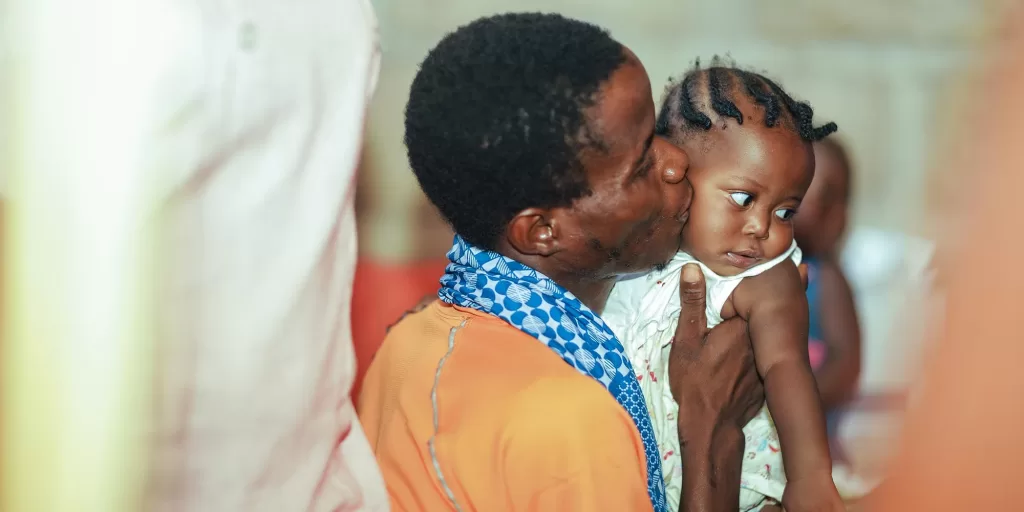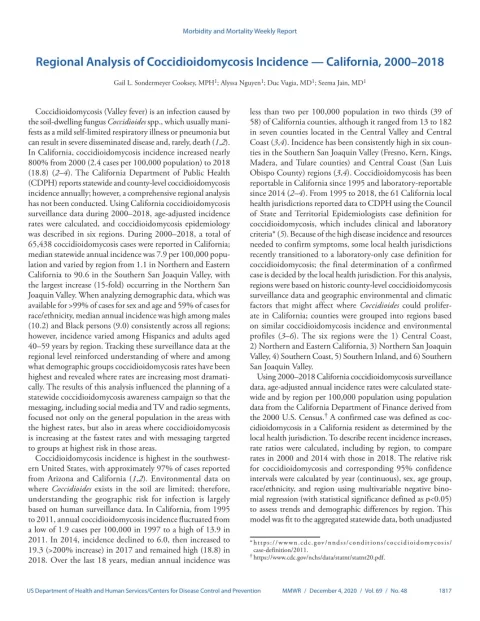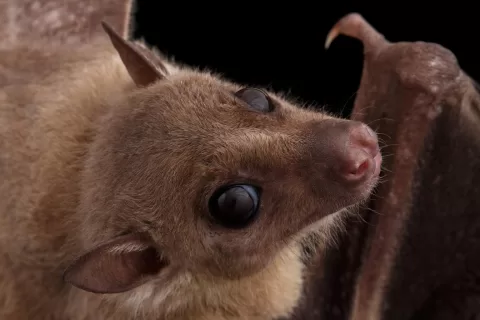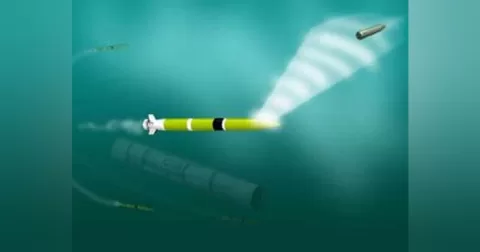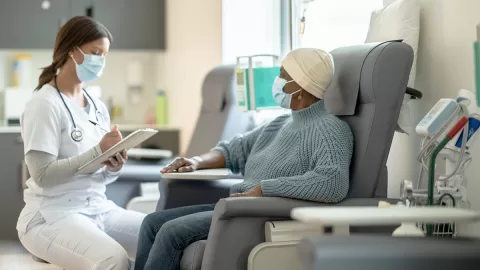Recent Gavi funding cuts have raised alarm among global health officials, particularly those focused on health initiatives in Africa. The U.S. government’s announcement of reduced financial support for Gavi, which plays a crucial role in vaccine distribution to low- and middle-income countries, disrupts efforts to combat outbreaks like mpox. Gavi, historically backed by U.S. funding, faces challenges in maintaining its programs that have been essential in improving health outcomes across regions including Africa. As countries grapple with multiple health crises, the implications of diminished global health funding could reverberate throughout the healthcare systems designed to safeguard vulnerable communities. Stakeholders emphasize that ongoing U.S. support for Gavi is vital for achieving sustainable health advancements and ultimately saving millions of lives in the years to come.
The recent reductions in financial assistance to Gavi underscore significant concerns about the future of vaccine initiatives and public health in developing regions. These funding changes reflect a broader trend of decreasing U.S. commitment to global health efforts, particularly as the world faces ongoing health crises such as the mpox outbreak. Gavi’s funding, which is pivotal for vaccine accessibility and distribution, has historically enabled nations to improve their health service delivery and combat infectious diseases effectively. With U.S. contributions constituting a substantial portion of Gavi’s funding, the impact of these cuts is magnified, highlighting the urgent need for sustained global health investment. As discussions continue, the Africa CDC and other global health entities are rallying to address this shift and ensure that vaccination efforts remain robust in the face of emerging health threats.
The Impact of U.S. Funding Cuts on Global Health Initiatives
Recent funding cuts by the U.S. government have sent shockwaves through global health initiatives, particularly those aimed at combating diseases in Africa. The decision to cut $2.6 billion from Gavi, a critical global vaccine distribution program, is poised to significantly hamper efforts to vaccinate vulnerable populations. As Gavi has been instrumental in reducing child mortality rates and enhancing immunization coverage across low- and middle-income countries, these cuts undermine years of progress made in global health funding and vaccine distribution.
Officials from the Africa CDC voiced concerns that U.S. cuts to Gavi will leave many countries without the necessary resources to effectively respond to outbreaks and implement vaccination campaigns for diseases such as mpox. These reductions occur when countries in Africa face rising health challenges, and without adequate support from international partners, the impact on public health could be devastating, potentially reversing gains made in combating infectious diseases.
Frequently Asked Questions
What are the implications of recent Gavi funding cuts on vaccine distribution in Africa?
Recent Gavi funding cuts, particularly those from the U.S., threaten vaccine distribution efforts across Africa. Gavi has played a crucial role in providing vaccines to low- and middle-income countries, significantly impacting child mortality rates. The U.S. cuts, which account for 15% of Gavi’s funding, hinder these initiatives, limiting access to essential vaccines amid ongoing health crises like the mpox outbreak.
How do the cuts to Gavi funding affect the Africa CDC’s health initiatives?
Cuts to Gavi funding severely impact the Africa CDC’s health initiatives by reducing resources available for vaccination programs and disease response efforts. With Sierra Leone facing a rise in mpox cases and the need for urgent vaccination campaigns, diminished donor support means that critical health measures are compromised, affecting public health stability across the continent.
What is the role of U.S. support for Gavi in global health funding?
U.S. support for Gavi has historically been a critical component of global health funding, providing over $2.6 billion intended to save lives and improve health outcomes. With recent funding cuts, the continuity and effectiveness of immunization programs in Africa are at risk, potentially reversing years of progress in vaccine distribution and child health.
What actions are being taken to combat the mpox outbreak in light of Gavi funding cuts?
In response to the mpox outbreak, Sierra Leone has launched a vaccination campaign despite Gavi funding cuts. The Africa CDC aims to enhance its response plan, which includes targeting millions for immunization and strengthening healthcare systems, necessitating substantial new external financial support to effectively manage the health crisis.
How might Gavi funding cuts influence future global health policies?
Gavi funding cuts may prompt a reevaluation of future global health policies, driving a shift towards greater private sector involvement and local vaccine production initiatives in Africa. Officials from the Africa CDC indicated a need for a sustainable, business-oriented approach to health care, reflecting changing priorities in global health funding and support logistics.
What are the expected long-term consequences of U.S. cuts to Gavi funding on health outcomes in Africa?
The long-term consequences of U.S. cuts to Gavi funding may lead to increased child mortality rates and diminished health outcomes in African countries. A decrease in vaccine availability could result in outbreaks of preventable diseases, undermining years of progress in immunization and public health initiatives, thereby reversing benefits achieved through prior global health investments.
| Key Points | Details |
|---|---|
| Meeting Between Officials | Top officials from Africa CDC met with U.S. government representatives to discuss cuts to global health funding. |
| Gavi Funding Cuts | The U.S. has terminated a $2.6 billion grant to Gavi that was supposed to run until 2030. This cut exacerbates declining health support for Africa. |
| Gavi’s Impact | Gavi has helped save over 8 million lives in five years. U.S. support accounts for 15% of Gavi’s funding, essential for its operations. |
| Current Health Challenges | African countries face outbreaks of diseases like mpox, with Sierra Leone launching vaccination campaigns as cases rise. |
| WHO Concerns | WHO expressed concern over climbing numbers of mpox cases in Sierra Leone, especially in urban areas and among young adults. |
| Planned Response | Africa CDC’s plan aims to halve the mpox burden and target 6.4 million vaccinations, requiring $224 million in new support. |
Summary
Gavi funding cuts are leading to significant challenges for global health initiatives in Africa. The recent termination of a $2.6 billion grant by the U.S. to Gavi emphasizes the critical need for ongoing financial support to combat rising health issues, especially the mpox outbreak. With cases increasing and vaccination efforts underway in regions like Sierra Leone, the consequences of reduced funding will profoundly impact the capacity to improve health outcomes and maintain progress against preventable diseases.
The content provided on this blog (e.g., symptom descriptions, health tips, or general advice) is for informational purposes only and is not a substitute for professional medical advice, diagnosis, or treatment. Always seek the guidance of your physician or other qualified healthcare provider with any questions you may have regarding a medical condition. Never disregard professional medical advice or delay seeking it because of something you have read on this website. If you believe you may have a medical emergency, call your doctor or emergency services immediately. Reliance on any information provided by this blog is solely at your own risk.



